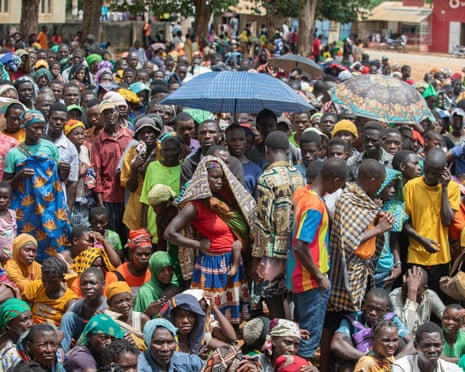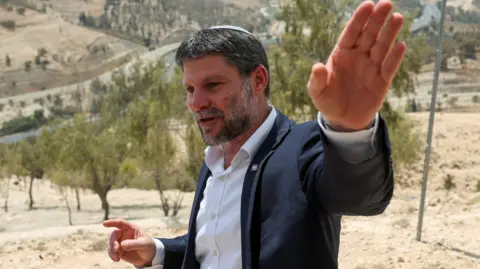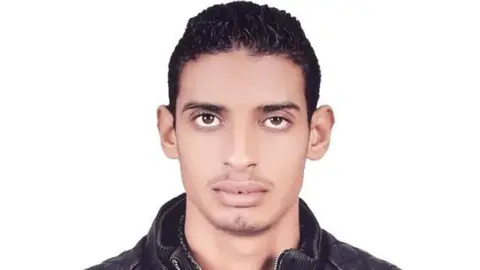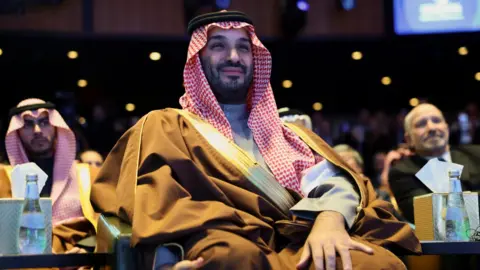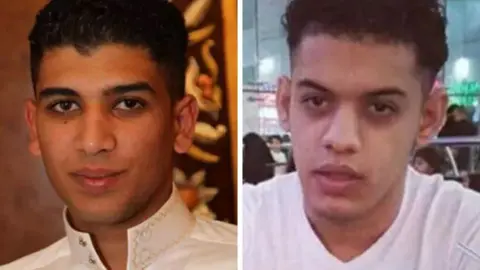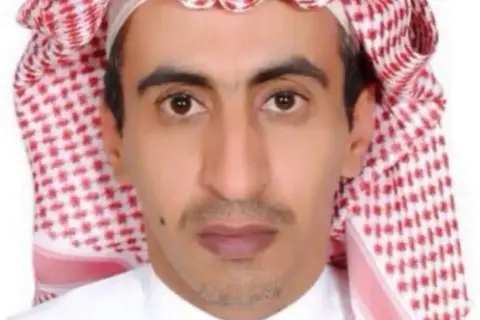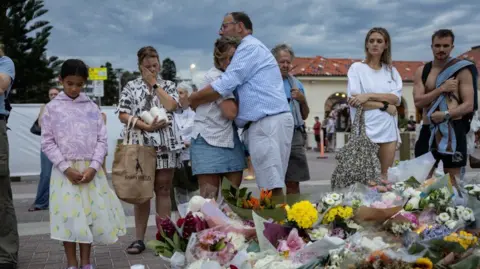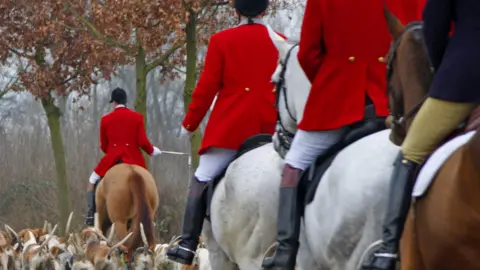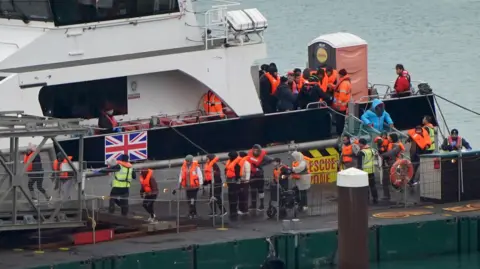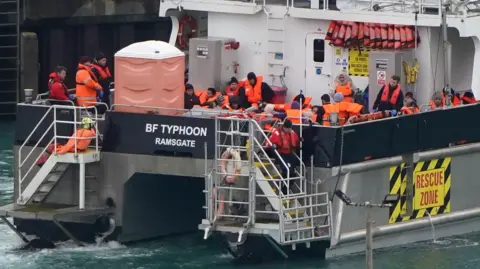Manchester Museum seeks help to uncover hidden histories of African collection

It’s a rare thing for a museum to talk about what it doesn’t know. But unanswered questions and archival silences are at the heart of the new Africa Hub at Manchester Museum, north-west England, which is inviting people around the world to help fill the gaps.
The museum holds more than 40,000 items from across Africa, many of which were traded, collected, looted or preserved during the era of the British empire.
As a result, the names of makers, the cultural significance of objects and the people to which they once belonged are largely unknown to curators in Manchester; in many cases, only the name of the donor or the collection from which an item came is recorded.
The new Africa Hub will display “beautifully crafted” items that have been in storage for years, the museum says.
It is inviting visitors to the collections on Oxford Road, in the city’s university district, as well as those exploring the collections online, to share stories about the objects’ provenance.
Curators say this could lead to the restitution of items, as well as new partnerships in the African diaspora. And community collaboration has already begun. A display at the heart of Africa Hub draws on the knowledge of Manchester’s Igbo community, one of the oldest Nigerian diaspora communities in the UK.
Lucy Edematie, the curator of African collections from colonial contexts at Manchester Museum, worked with the Igbo Community Greater Manchester (ICM) organisation to research objects and celebrate Igbo heritage.
Sylvia Mgbeahurike, the vice-chairof ICM Women, said: “Some of these objects were given, some were stolen, some were taken forcefully out of conquest. It is important that we start bringing them together again. It shows inclusiveness. It shows there is strength in diversity. It shows we are one people, irrespective of our colour or where we are from.”
Edematie said: “Unlike most galleries or exhibitions, which represent the culmination of years of research and collaboration, Africa Hub is the beginning. It builds on work the museum has already been doing to engage with both diasporic communities and communities in Africa but provides an opportunity to extend this even further.
“It is a chance to do our thinking in public, with honesty and transparency, and to involve people in that process from the start.”
The museum says the Africa Hub will be an “evolving space for reflection, dialogue and shared learning and its future direction will be shaped by public contribution”.
A spokesperson added: “We’re supposed to know everything there is to know about the collections we care for, ready to communicate the wisdom of the world through a series of carefully written object labels.
“Well, sometimes the reality is slightly different. And, on this occasion, we need your help, as visitors and communities, to uncover the stories that museum records cannot tell or have suppressed.
“Mostly, Africa Hub means being honest about what we don’t know. Manchester Museum holds over 40,000 objects from across Africa, cultural heritage items, plants, animals and minerals … much of their story remains untold.
“We’re laying our lack of knowledge bare and extending an invitation to you, to come and view these collections, either in person or online, and share your own knowledge, experience and perspectives to create richer narratives.”


